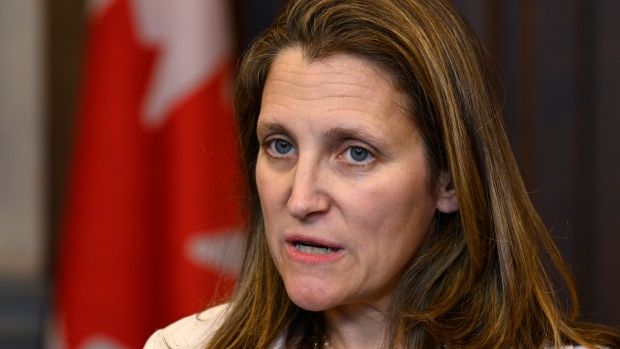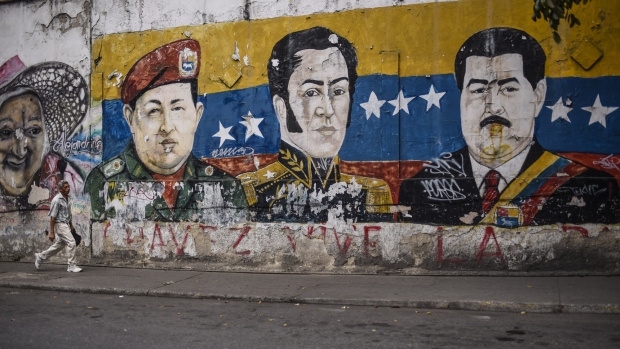Aug 28, 2019
Freeland presses Cuba to mediate in Venezuelan stalemate
, Bloomberg News

Justin Trudeau’s top diplomat is visiting Havana again, hoping to enlist Cuba’s help in resolving the political and humanitarian crisis in Venezuela.
Wednesday’s trip to the island by Foreign Minister Chrystia Freeland marks the third round of face-to-face talks with her Cuban counterpart since Canada began pushing, in concert with the U.S. and a group of Latin American nations, for Venezuela’s Nicolas Maduro to cede power.
Venezuela was high on the agenda when Freeland hosted Secretary of State Mike Pompeo in Ottawa last week. But she isn’t bringing any specific message to Havana on behalf of the U.S., according to a Canadian government official who spoke on condition of anonymity about the private discussions.
The Trump administration blames the Cuban communist government of Miguel Diaz-Canel for propping up Maduro, despite growing international recognition for National Assembly leader Juan Guaido’s claim to Venezuela’s presidency. The White House has been tightening sanctions on both nations, in part with an eye to winning votes among exile communities in Florida.
“Cuba is a key stakeholder in determining whether Maduro remains in power,” James Bosworth, a political consultant and author of the Latin America Risk Report newsletter, said by phone Tuesday from Bogota. “It absolutely makes sense for governments that care about Venezuela’s future to negotiate directly with the Diaz-Canel administration in Havana.”

The head of the U.S. section at the Cuban foreign ministry said in May his government is willing to help negotiate a peaceful end to the crisis so long as Maduro is at the table. And with Cuba’s centralized economy teetering under the combined effects of a U.S. ban on cruise-ship travel, lawsuits over confiscated property and reduced shipments of subsidized oil from Venezuela, it’s likely the government would want some measure of relief from sanctions in exchange for its cooperation.
Requests for comment from Cuban officials in Ottawa, New York and Havana weren’t immediately returned.
“Cuba and the United States cannot have a productive conversation about Venezuela,” Mark Entwistle, a former Canadian ambassador to Cuba who now advises multinational companies on doing business there, said from Toronto. “But the Cubans seem to be open to Canada playing some kind of intermediary role, the final results of which remain to be determined -- if there are any results at all.”
--With assistance from Jose Enrique Arrioja







